H2o and Your Health – Debunking the 7 Common Myths About Water
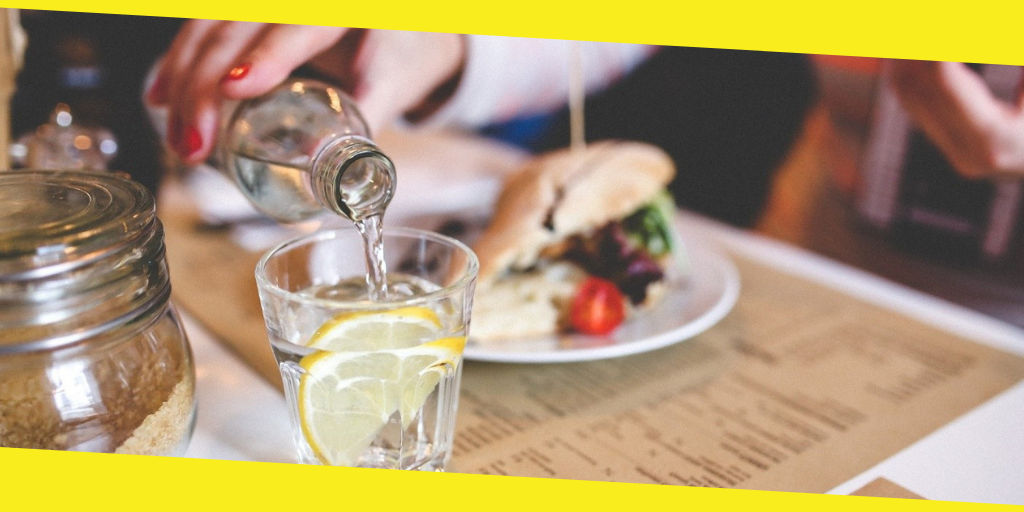
Image Courtesy of Pixabay
There’s nothing more refreshing than a nice tall glass of cold water. But what do you know about this precious beverage, other than it’s good for you and it’s transparent in color?
If you keep up with health trends, you’ve probably heard a number of conflicting beliefs about water. Which ones should you believe? In this article, you’ll learn about the seven most common myths surrounding water and its potential health effects.
Myth #1: Bottled Water Is Healthier for You than Tap Water
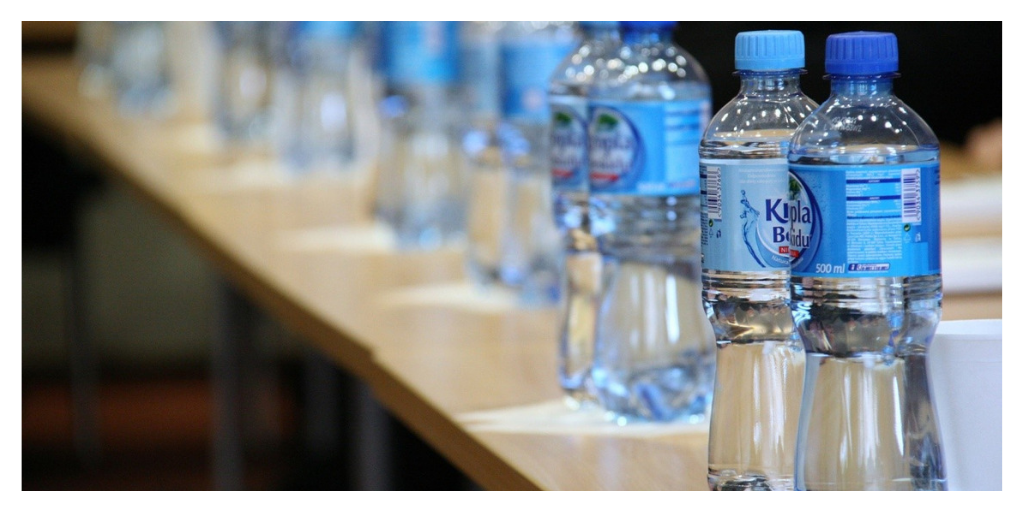
Image Courtesy of Pixabay
While some bottled water may be healthier than tap, it isn’t consistently true. Tap water presents some health concerns, yes, such as the presence of the contaminant, lead. But bottled water companies typically get their water supply from the same public water system that supplies your tap, according to Filter Butler. Additionally, plastic water bottles contain chemicals like PET or BPA, which can seep into the water they hold.
The bottom line is both bottled water and tap water present possible detriments to your health. The best way to ensure you’re clean, healthy drinking water is by getting a water filtration system for your home to filter out any harmful contaminants.
Myth #2: You Need to Drink Eight Glasses of Water a Day

Image Courtesy of Pixabay
We hear all the time that we should be drinking a minimum of eight glasses of water a day to ensure our body is getting its required dose of H2O. However, according to Filter Butler, there is no scientific proof indicating that eight glasses of water a day is healthy. While we certainly need to drink water regularly to avoid any long- or short-term effects of dehydration, such as heat stroke, joint pain, or even kidney failure, the amount we should drink depends on a number of factors. For example, age, alcohol intake, weight, and altitude all influence your body in different ways that may require you to drink more or less water than eight glasses a day.
If you’re unsure about whether you’re drinking enough water every day, check the color of your urine. If it’s light yellow, you’re likely drinking enough water on a regular basis. If it’s a darker yellow or amber, however, you should start drinking more water.
Myth #3: You Need to Drink More Water in the Summer than in the Winter
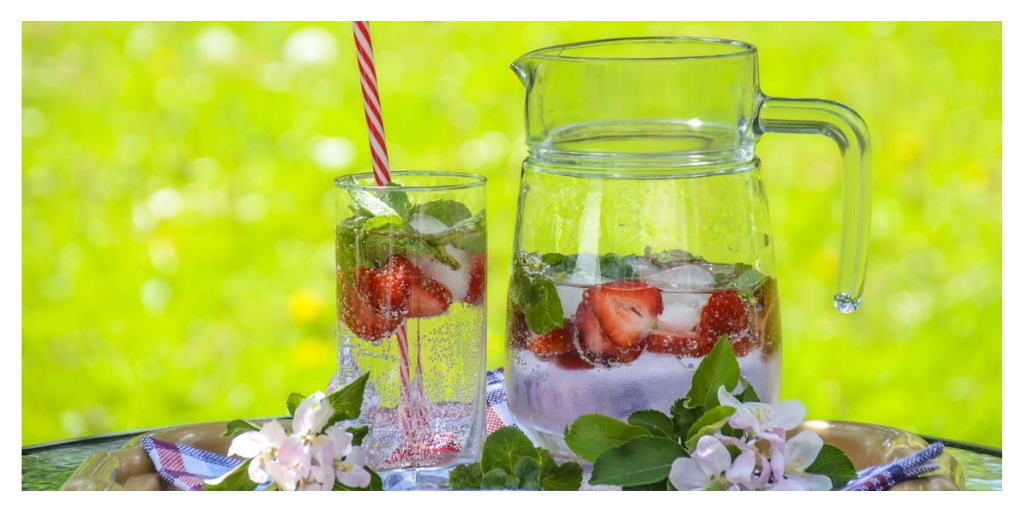
Image Courtesy of Pixabay
We typically associate summer with drinking more water because we assume that the hotter it is and the more we sweat, the more we need to replenish the water in our bodies. However, you can still get dehydrated in the winter. Since the air gets very dry during that season, your body naturally loses fluids and requires more moisture. So don’t neglect your water intake during the winter months!
Myth #4: When Exercising, Sports Drinks are Better
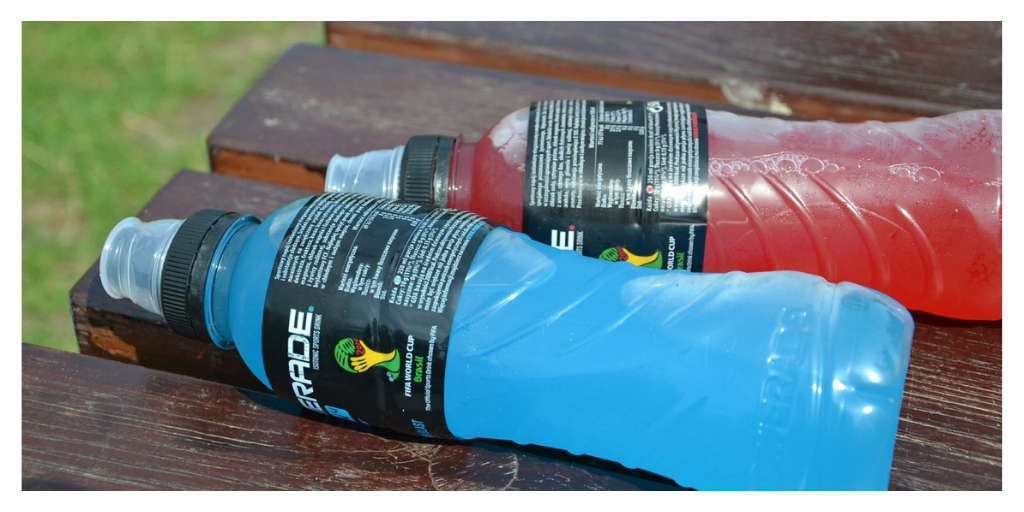
Image Courtesy of Pixabay
Although sports drinks are great for their electrolyte replenishment, they are actually not recommended if you’re engaging in physical activity lasting less than a full hour. For short-term exercises, water is the top recommended beverage because it doesn’t dish out empty calories, as sports drinks tend to do.
Whether you drink regular water or H2 water (for an extra boost of energy), turn to water when you know you’ll be engaging in short-term exercising.
Myth #5: It’s Impossible to Overhydrate
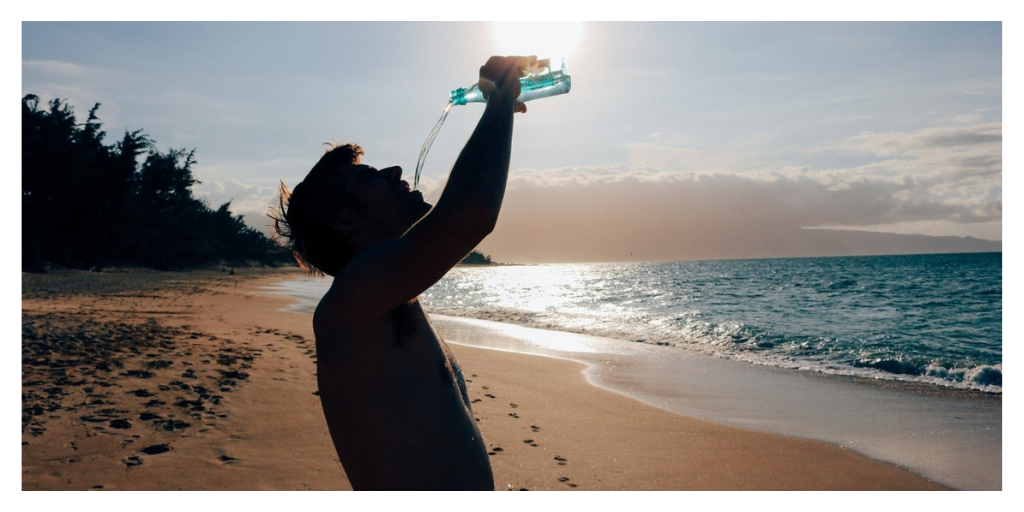
Image Courtesy of Pixabay
It may come as a surprise, but it is possible to drink too much water. Too much water can lower your body’s sodium levels, which is actually very dangerous. Similar to dehydration, too much water can cause you to become disoriented or pass out. In extreme cases, it can even cause death. So pay close attention to how much water you are consuming, especially when exercising.
Myth #6: Bottled, Tap, or Filtrated, Water Always Tastes the Same
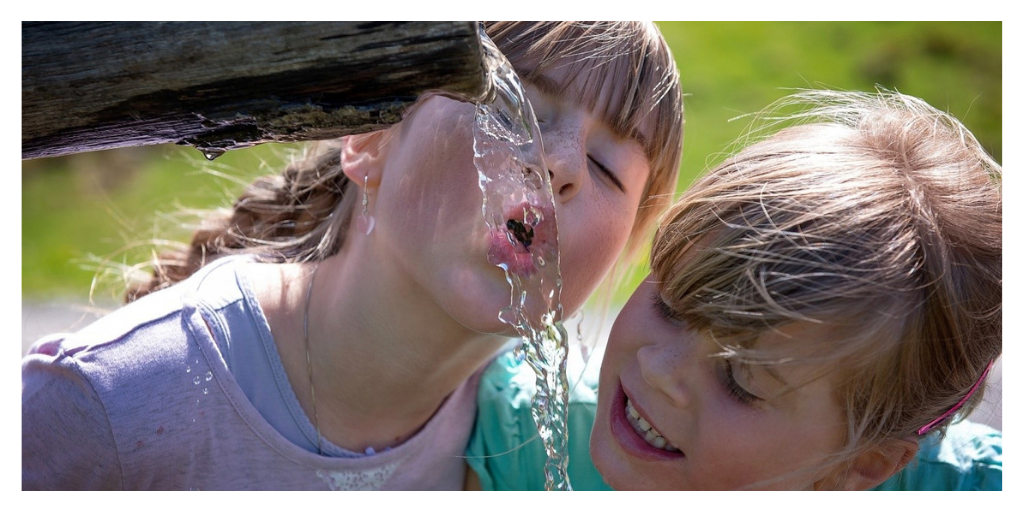
Image Courtesy of Pixabay
Even though they’re both bottled, purified water tastes different from spring water. This is because one is altered whereas the other is essentially untouched. When a bottle says “purified water,” this means it’s tap water that has been filtered, with some electrolytes added.
Spring water, in contrast, comes directly from natural springs. Nothing is added, other than CO2 in some cases. Since no spring across the globe is exactly the same, spring water from different sources naturally taste different from each other. You can test this theory by drinking different bottled spring water brands side by side.
Myth #7: It’s Healthier to Drink Alkaline Water
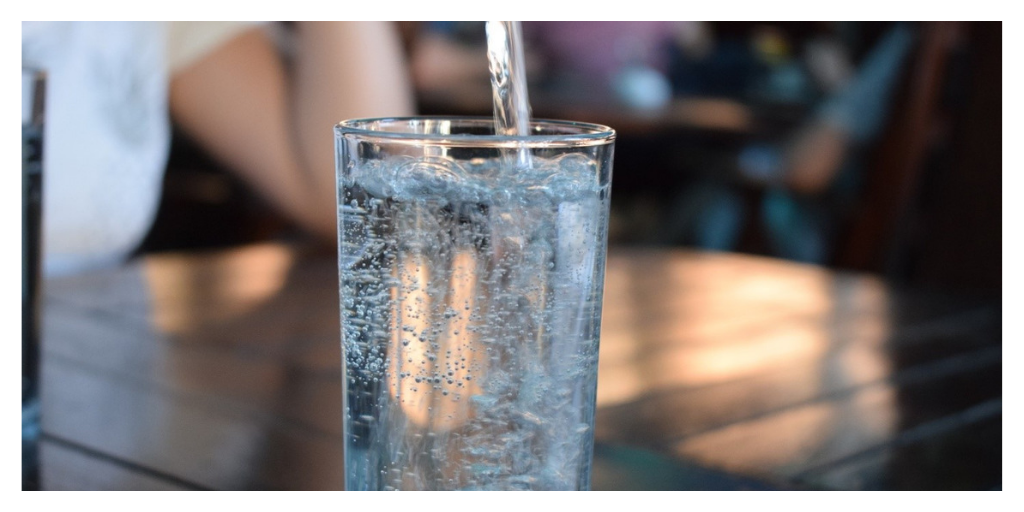
Image Courtesy of Pixabay
A common health-trend myth is that alkaline water is healthier for you than regular tap water. Alkaline water is considered healthy for its alkalizing compounds, such as calcium, silica, potassium, magnesium, and bicarbonate. However, there is very little research that supports the claim that alkaline water is better for you.
If you’re debating whether you should drink alkaline water, consider regular water or hydrogen water instead, as these two types of water have far more evidence supporting their health benefits.
Just as with all health trends, water and its health effects come with a number of misinformed beliefs. The best way to know if something is a myth or not is to do your research. By reading this article, you’ve already taken a step in the right direction towards drinking the type and amount of water your body needs.
Recommended For You
Tips for Getting Started On Your Individual Health Journey
Most Inside
Most Inside offers high-quality recommendations and valuable updates to enhance all aspects of your life, providing premium guidance and enriching experiences.




